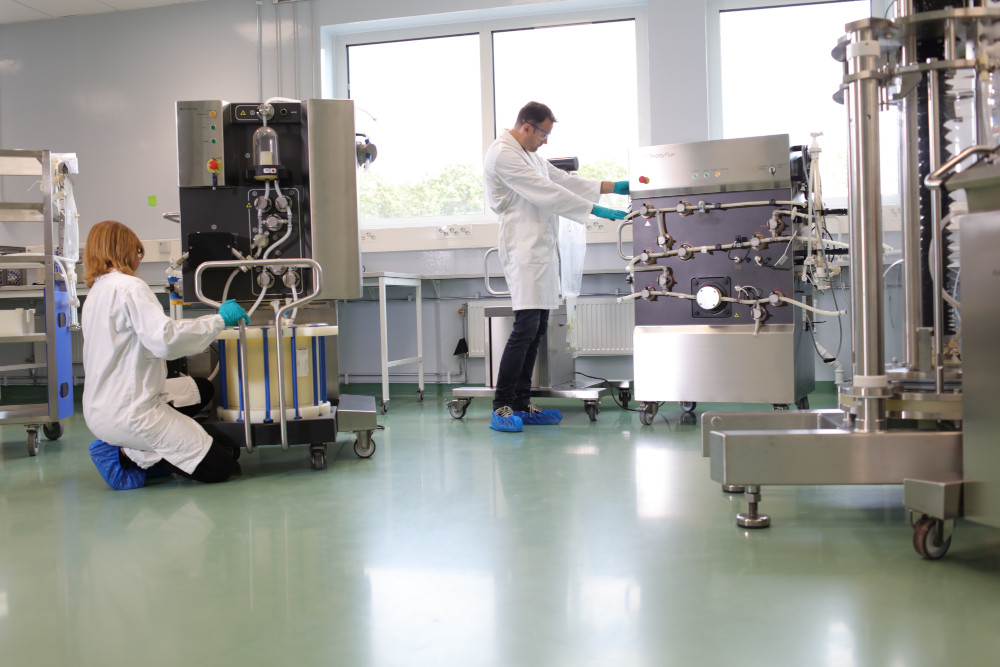Webinar: Large-scale biomolecule production
The Protein Science Facility, Testa Center, and STUNS Life Science had a joint presentation on the 29th of November 2021. How can Karolinska Institutet utilize these support organizations and their resources for large-scale biomolecule production?! Speakers Tomas Nyman, Head of the Protein Science Facility (PSF) Karolinska Institutet / SciLifeLab. On PSF services. General agreement between […]
Webinar: Large-scale biomolecule production Read More »




